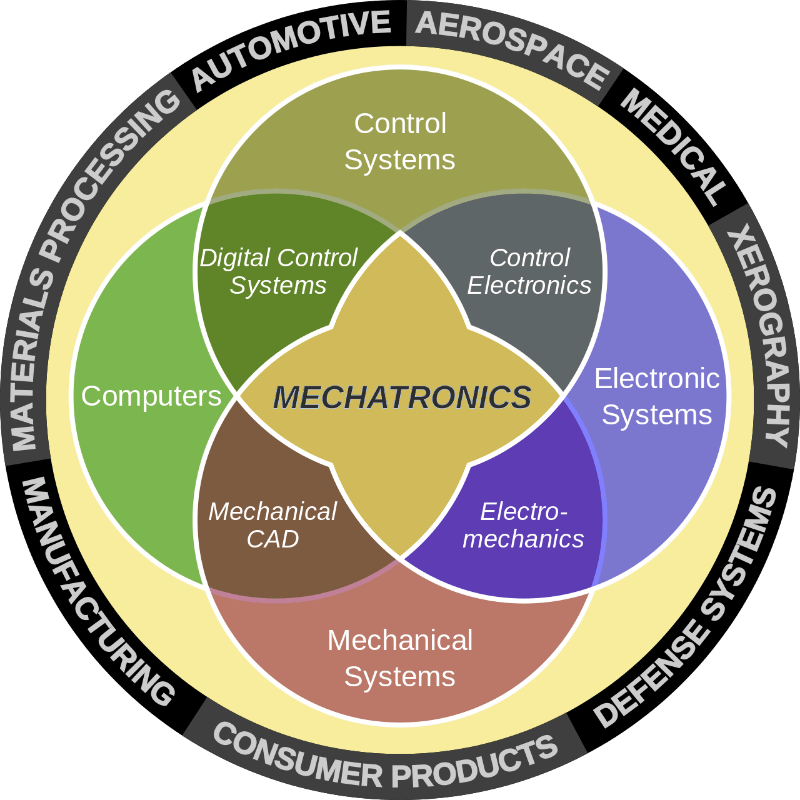Nya och förbättrade funktioner uppnås genom att kombinera mekanisk konstruktion, reglerteknik, programmering och inbyggda styrsystem. Baserat på studenternas tidigare kunskap inom fysiska prototyper, CAD, mekanik och elektroteknik kommer kursen ge en baskunskap inom ämnet mekatronik. Huvuddelen av kursen handlar om att träna din färdighet i att använda mekatroniska verktyg för att bygga prototyper med viss intelligens. För att kunna framställa fysiska mekatroniska prototyper kommer moderna prototypmaskiner användas som 3D skrivare, lasergraveringsmaskiner, prototypfräsar, vattenskärning, vakuumformningsmaskiner och manuella verktyg. En stor del av kursen är relaterad till ett projektarbete där studenterna i grupper tar fram fysiska mekatroniska prototyper.
Laborationerna är avsedda för programmering av inbyggda system.
